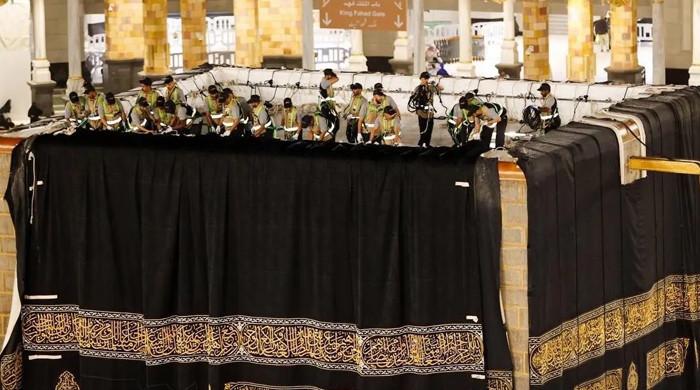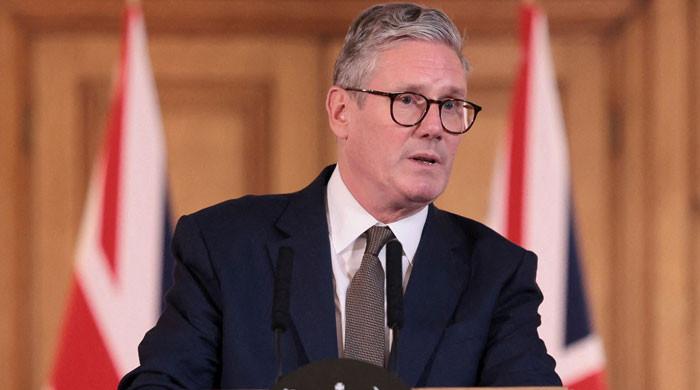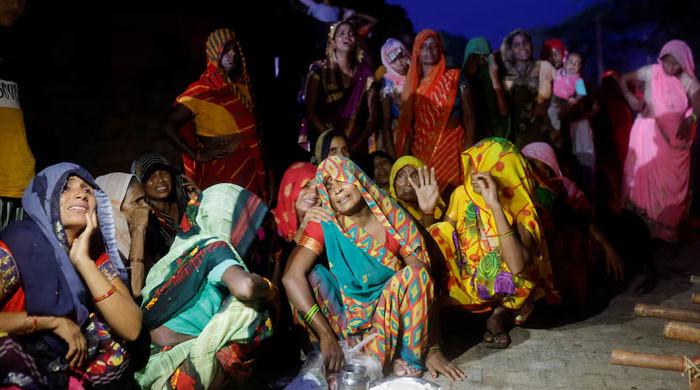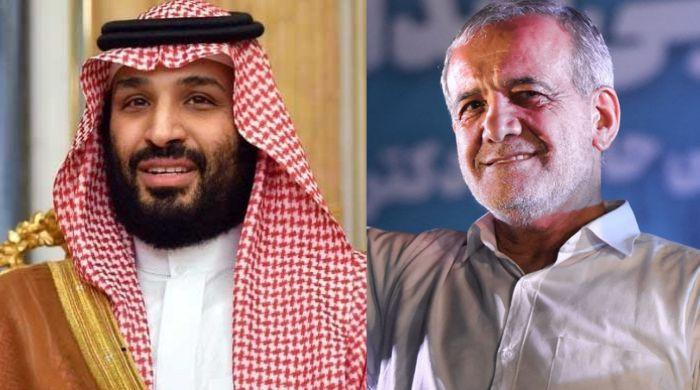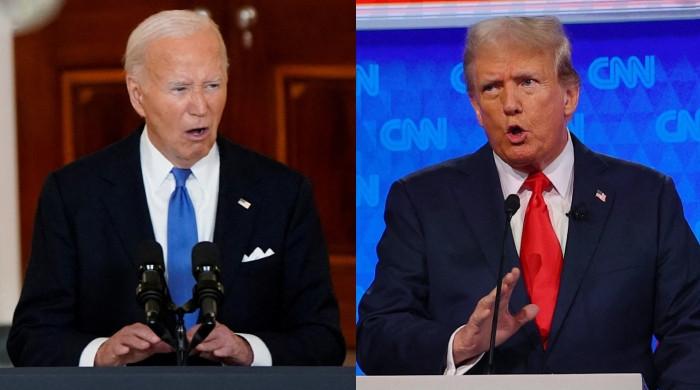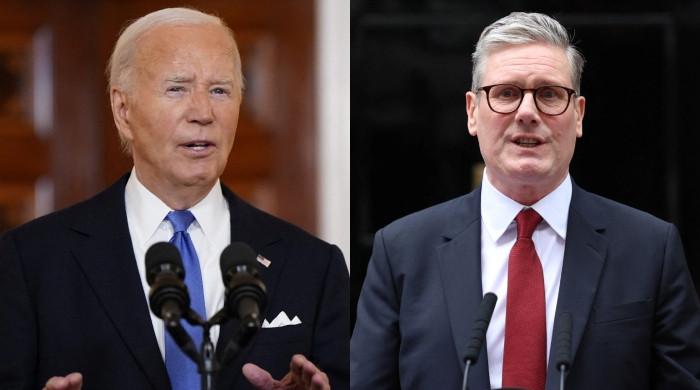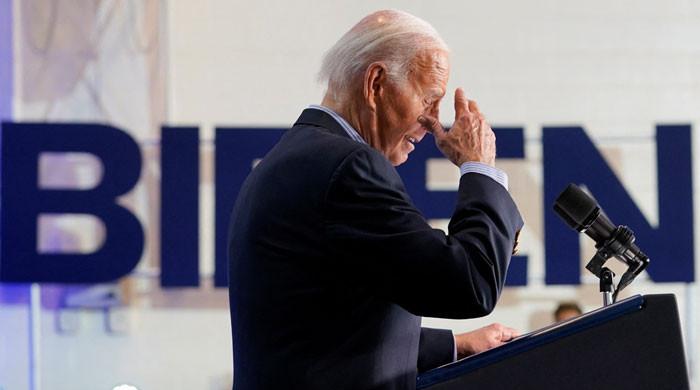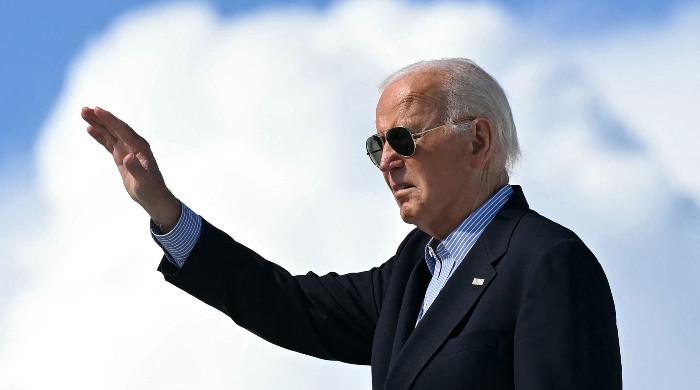Trump faces proposed speech constraints in election-related case
Proposed restrictions aim to prevent Donald Trump from commenting on identity, testimony, or credibility of witnesses
September 16, 2023

Special Counsel Jack Smith has urged a judge to impose restrictions on former President Donald Trump's public statements in relation to a Washington, D.C. court case connected to his efforts to challenge the 2020 election outcome.
The request comes through a court filing submitted on Friday.
Smith's office alleges that Trump has a history of making inflammatory public statements aimed at individuals or institutions perceived as obstacles to his goals.
Jack Smith's team of prosecutors sought "narrow" limitations on Trump's statements outside of the courtroom, citing the need to protect potential jurors from potential threats and harassment stemming from Trump's disparaging and inflammatory remarks.
The proposed restrictions aim to prevent Trump from commenting on the identity, testimony, or credibility of potential witnesses.
Prosecutors also seek limitations on comments that could be viewed as disparaging, inflammatory, or intimidating towards parties involved in the case, including witnesses, attorneys, court personnel, or potential jurors.
Donald Trump, the leading candidate for the 2024 Republican presidential nomination, is facing four felony charges related to allegations of attempting to undermine the 2020 election results. He has pleaded not guilty to all charges.
Judge Tanya Chutkan has set a deadline of September 25 for Donald Trump's legal team to respond to the government's request. Earlier this week, Trump filed a motion requesting Chutkan's recusal from the case, citing her past statements about defendants in previous January 6 cases as evidence of bias.
Chutkan had previously cautioned Donald Trump against making statements that could threaten witnesses or influence the jury pool. As part of his release conditions, Trump agreed not to issue threats towards individuals involved in the case.
The federal trial in Washington is scheduled for March 4, a day before "Super Tuesday," a crucial date in the Republican presidential race, with Trump currently leading his rivals in opinion polls by a substantial margin.




